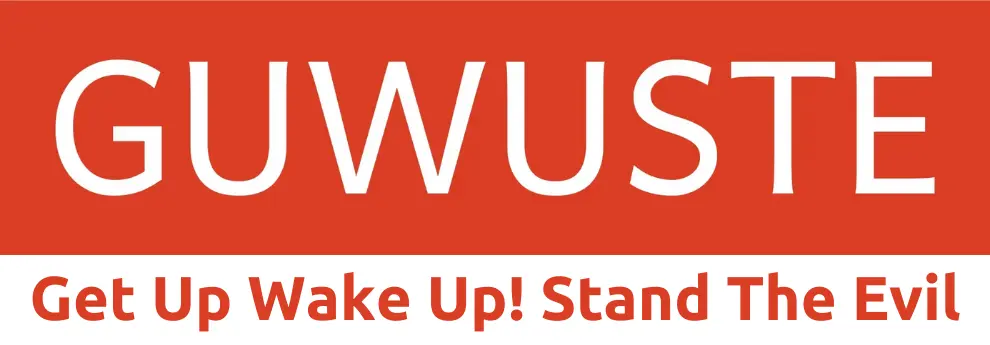Dynamics Driving Islamic Countries Toward Nuclear Armament (1)
19 Jun 2025
- Share:

Global Nuclear Tension and the Rebirth of Systemic Power Balances
A nuclear game that will change the fate of the world is unfolding. Israel’s attacks on Iran have become not just a regional conflict but a crisis shaking the very foundations of the global order. The tension forming in the heart of the Middle East shows that nuclear weapons have ceased to be mere instruments of war and have become an essential part of existence. Iran’s view that Islamic countries must acquire nuclear weapons to survive in the face of these attacks exposes the fragility of the international system.
Iran’s Motivations for Nuclear Armament: Historical Traumas and National Honor
Iran’s nuclear program is not only about military deterrence but also a reflection of historical traumas and national pride. The 1953 CIA and MI6-backed coup, Saddam Hussein’s chemical attacks, and current assassinations have left deep marks in Tehran’s collective memory. For Iran, nuclear weapons are not just a defensive tool but a symbol of its demand for equal status in the international system. The West’s tolerance of Israel’s nuclear arsenal legitimizes this pursuit.
Israel’s “Samson Option”: Systemic Blackmail and Global Chaos
Israel’s “Samson Option” doctrine is not merely a threat of mutual destruction; it also includes cyber and technological blackmail targeting global infrastructure systems. “Deadman switches” embedded in critical infrastructures could increase Israel’s capacity to collapse world systems if cornered. New cyber weapons like Stuxnet have evolved the strategy beyond physical war boundaries into a threat of systemic destruction. This clarifies Iran’s necessity to acquire nuclear weapons.
From Asymmetric Wars to Symmetric Deterrence: The Key to Regional Stability
Iran’s asymmetric struggle through proxy actors deepens regional instability. However, nuclear weapons provide Iran with direct and symmetric deterrence power, which could reduce proxy wars and freeze regional conflicts. The India-Pakistan example shows that multipolar nuclear balances can prevent conflict. Nuclear parity is a critical threshold for transitioning from proxy wars to direct deterrence.
Multipolar Nuclear Order and the Double Standards of International Law
While nuclear proliferation is often seen as a threat, the presence of multiple nuclear actors paradoxically can provide stability. Saudi Arabia’s Pakistan-origin nuclear capacity and the growing influence of BRICS countries represent a new order attempting to replace unipolar hegemony with a balanced multipolar system. This encourages regional powers to establish mutual balances and reduces risks created by unilateral deterrence.
However, the West’s tolerance of Israel’s nuclear weapons while pressuring Iran undermines the impartiality of international law. Questioning the legitimacy of institutions like the NPT not only alienates Iran but also pushes other global actors away from the West, leading them toward alternative security architectures.
International Reactions: Critical Warnings from Russia and the IAEA
Russia describes Israel’s attacks on Iran’s nuclear facilities as violations of international law and actions leading to “nuclear catastrophe.” Moscow emphasizes that these attacks pose unacceptable risks not only regionally but also to global security. It calls for solutions through diplomacy and negotiations, warning that military interventions endanger innocent lives. The International Atomic Energy Agency (IAEA) warns of possible chemical contamination and radiation hazards at the Natanz nuclear facility. Attacks on these sites could have serious consequences for the environment and human health.
Systemic Risks of Regional Tensions: Energy, Cybersecurity, and Migration
Regional conflicts can disrupt global energy supplies, causing fluctuations in oil and natural gas prices. Cyberattacks targeting critical infrastructures threaten financial and communication systems, while escalating violence triggers migration waves that challenge social cohesion and security policies. Combined with the ineffectiveness of international institutions, these risks increase systemic vulnerability.
Diplomatic Crisis and Erosion of Trust in Multilateralism
The inability of international bodies like the United Nations and the IAEA to effectively intervene in the conflict undermines trust in multilateral governance. This paves the way for the strengthening of alternative blocs and the fragmentation of the global order. As diplomatic polarization deepens and conflict resolution shifts toward military options, long-term regional and global stability is threatened.
Regional Expansion and the Threat of Civilizational Conflict
Israel’s regional ambitions are not limited to Iran; the inclusion of nuclear-armed countries like Pakistan as potential targets brings the metaphor of civilizational conflict to the forefront beyond geopolitical interests. Religious ideological visions in the region, combined with international power balances, create a complex and dangerous picture.
In conclusion; Israel’s aggression and the West’s double standards have pushed Iran toward nuclear armament. Going forward, these dynamics will also trigger nuclear armament among Islamic countries in the Middle East, especially Turkey. (…to be continued)
SADİ ÖZGÜL
You can access the second part of the series below…





